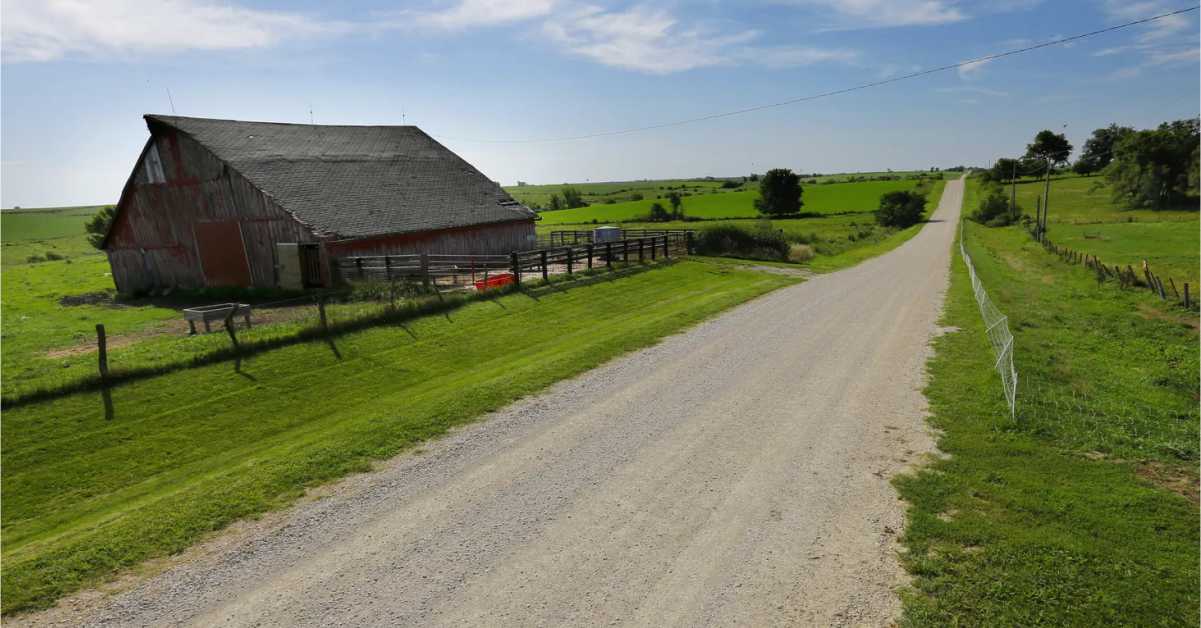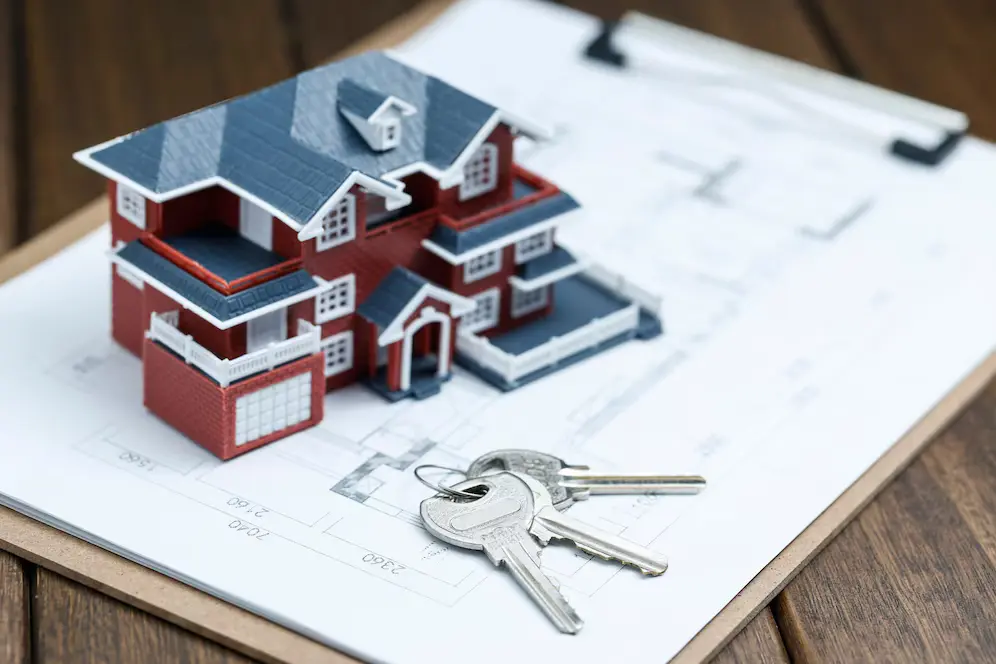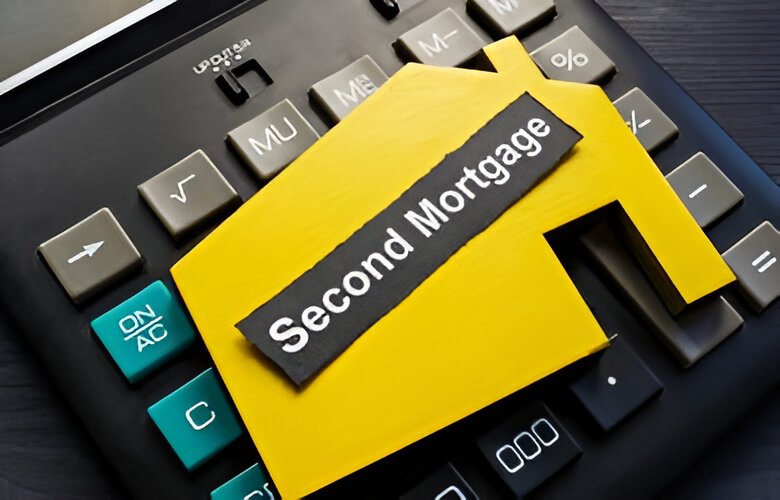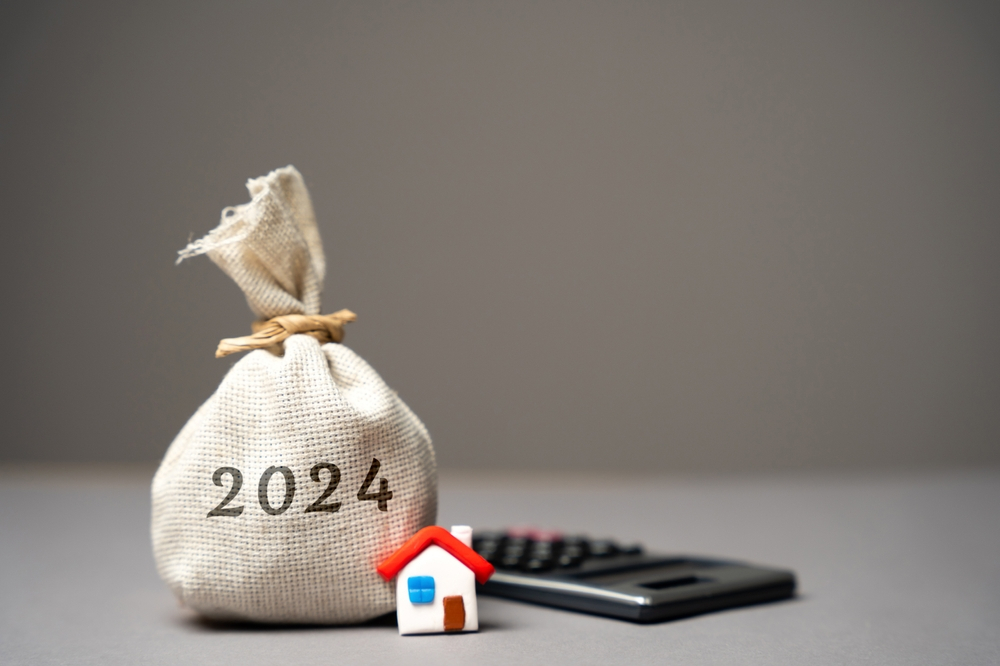The cost of purchasing a home includes a variety of expenses, including realtor charges, moving expenses, new furnishings, utility rates, etc.
The Land Transfer Tax is another cost that frequently goes unnoticed. Unfortunately, a lot of prospective homeowners aren’t really familiar with it. To assist you become acquainted with the (much-derided) Land Transfer Tax, here is a brief overview.
What is the Land Transfer Tax?
In the 1970s (in Ontario and Quebec) and 1980s, the Land Transfer Tax, also known as the Property Transfer Tax or Welcome Tax, was implemented in the majority of Canadian provinces (B.C.). Municipalities, which are prohibited from taxing items like income, sales, etc., used it as a source of income.
The purchaser of a property is the one who must pay it; the seller is never responsible for doing so.
First-time homebuyers may be entitled to a full or partial Land Transfer Tax rebate in several jurisdictions.
The Land Transfer Tax will be greater in several urban regions. For instance, homebuyers in Toronto will pay twice as much as those in Ottawa.
How Much Will It Cost Me?
The rate of land transfer tax varies from province to province. Typically, it is determined using the land and property’s sale price. It may, in some circumstances, be based on the land’s fair market value. Budget 1–1.5% of the value of your property as land transfer tax, on average. Keep in mind that you cannot increase your mortgage payment by this sum. It must be fully paid during the transaction.
For instance, you would be required to pay $2,975 in Land Transfer Tax if you bought a $300,000 house in Ottawa, Ontario. However, a first-time home buyer in Ontario is exempt from paying up to $4,000 in land transfer tax, so they would be charged nothing when they took possession. The same property will cost you $3,000 in Montreal. You’re looking at a $4,000 Land Transfer Tax in Vancouver, British Columbia.
On their websites, the majority of provinces and municipalities include a Land Transfer Tax calculator widget. To get the precise amount you must pay, go to the relevant website and key in the purchase price of your house.
When Do I Have to Pay the Land Transfer Tax?
Most of the time, you must pay the Land Transfer Tax as soon as you obtain ownership of the property. On closing day, when the deed is changed to your name, your attorney will make arrangements for the payment to be made.
You should be aware that the Land Transfer Tax is a one-time fee. In contrast to property taxes, which are paid annually, you will only have to pay it once.
Can I Be Exempted From Paying the Land Transfer Tax?
A homebuyer may be excused from paying the Land Transfer Tax in certain circumstances.
If you transfer property to your spouse while divorce is pending in Ontario, you are exempt from paying land transfer tax as long as one of the following three criteria is met:
- the transfer is mandated by a court order;
- both parties have agreed to the transfer in writing; and
- the land is given without consideration in return, except for an encumbrance (meaning your spouse can’t pay you for the property, but can take over the mortgage).
Some localities will waive the Land Transfer Tax for the buyer when land is transferred to a lineal descendant, such as a parent, mother, brother, or sister. In the Canadian province of Quebec, this is true.
Some cities also provide financial aid, for instance, when buying a condominium. When considering buying a home, it is a good idea to inquire with the local government about whether you are eligible for a tax exemption.
For instance, the city of Montreal has implemented a program that allows buyers of residential properties who have at least one child under the age of 18 or a child who will be born or adopted no later than nine months after the property is purchased to be eligible for a full refund of the Land Transfer Tax. This program is intended to prevent families from moving to the suburbs.
The Land Transfer Tax is NOT a Sales Tax
Remember that the sales tax on a new build, for instance, is different from the land transfer tax. Both taxes must be paid when purchasing a newly constructed property.
In conclusion, you should anticipate paying the Land Transfer Tax after finalizing your transaction, as do the majority of homebuyers. You don’t need to do anything; your attorney will include it in the closing costs.
In the absence of payment, you will get an invoice in the mail, often within the first month after the closing date. The Land Transfer Tax cannot be paid in installments and is normally due upon receipt of the invoice. In light of this, remember to budget for this additional cost when looking for a property.
Land Transfer Tax For Different Types of Buyers And Homes
Land transfer tax rebates for first-time home buyers
First-time home buyers can access land transfer tax rebates in five different regions:
- In British Columbia, first-time buyers pay no land transfer tax on properties under $500,000 and receive a partial rebate on properties between $500,000 and $575,000 instead.
- First-time homebuyers in Ontario are eligible for a reimbursement on their land transfer tax of up to $4,000.
- The first-time home purchase rebate has increased to $4,475 for Toronto and $4,000 for Ontario in Toronto.
- In Prince Edward Island, first-time homebuyers who have resided in PEI for six months prior to or following the purchase are completely exempt from land transfer taxes.
- For first-time purchasers in Montreal who purchase a home for up to $360,000, the Home Ownership Program will fully refund the Welcome Tax. This program is available to those who have children under the age of 18. Under this program, first-time homebuyers also receive additional financial aid.
Your real estate attorney will always file the necessary papers for you to receive your rebate, and you will typically just need to pay the remaining balance. You may receive the rebate later in some circumstances.
Newly-built homes
There are also land transfer tax rebates available in some regions for new construction homes, even if you aren’t a first-time buyer:
- For newly constructed residences in British Columbia that cost up to $750,000, the land transfer tax is eliminated, and there is a partial rebate between $750,000 and $800,000.
- In Montreal, the Home Ownership Program applies to newly built residential residences priced up to $360,000 and offers buyers with children under the age of 18 a full Welcome Tax credit.








